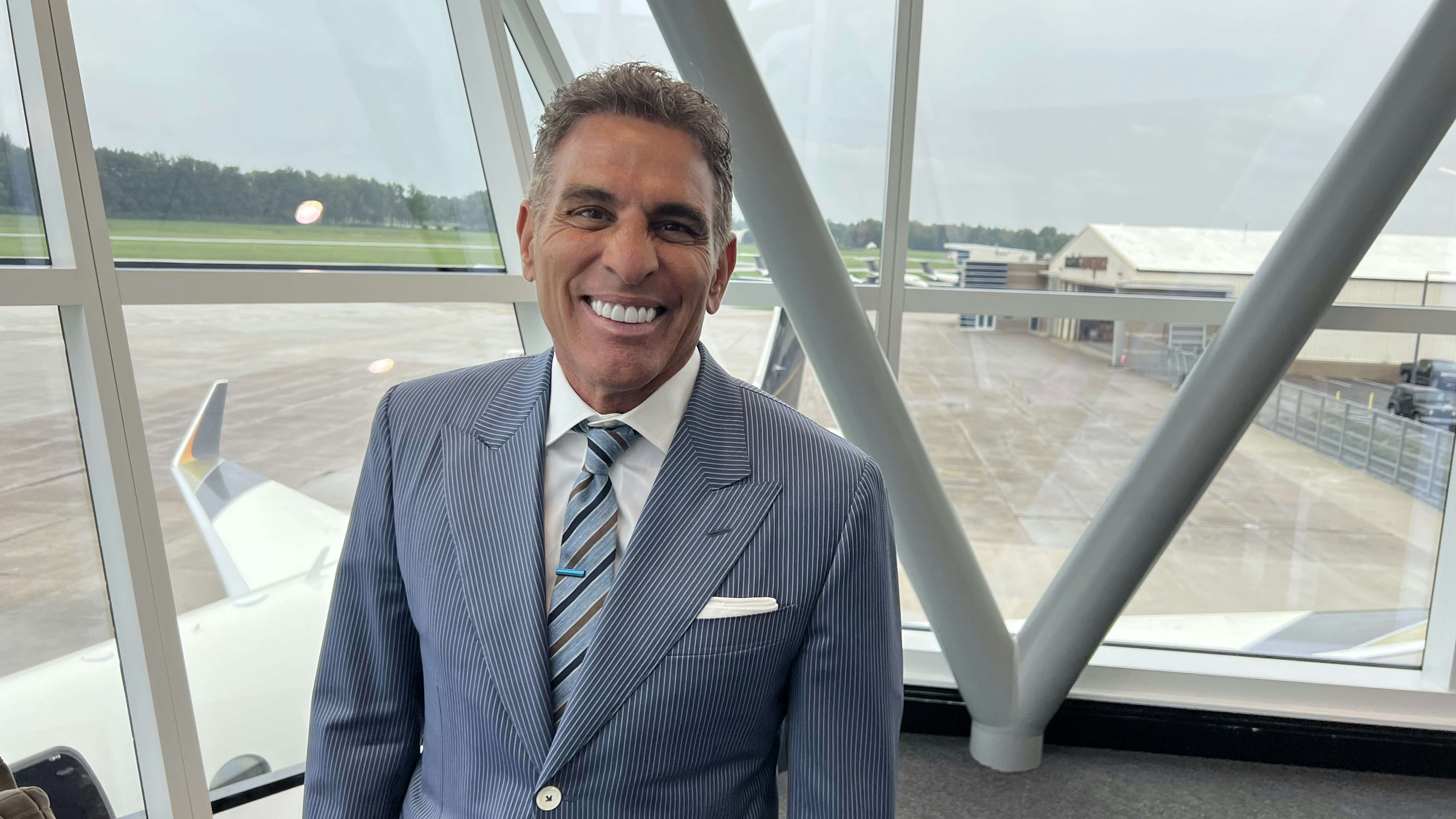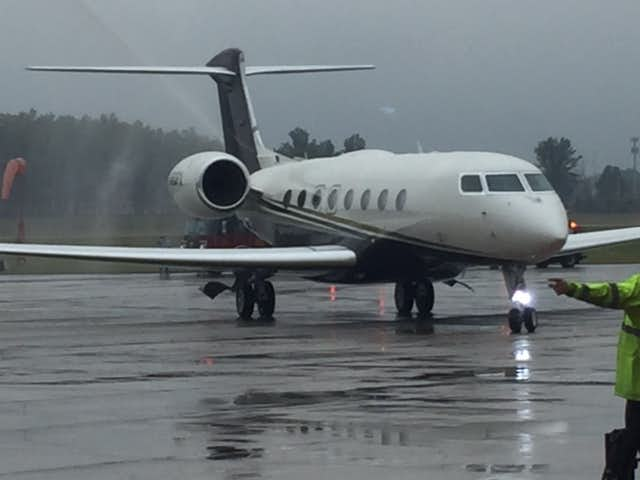
NetJets maintained its firm first place position while Flexjet posted stronger growth by an 8.4% to 0.1% margin last year.

NetJets and Flexjet remained the two dominant players among fractional share operators in 2018, according to new research from Argus TRAQPak. The data shows that in 2018 NetJets, a subsidiary of Berkshire Hathaway, tallied 365,710 hours while Directional Aviation’s Flexjet flew 85,520 hours. In third place with 35,047 hours was
Related: - 2020 Top Part 135/91k Fractional and Charter Operators - 25 Biggest Private Jet Charter Operators ranked for 2020 - Top 25 Busiest Private Jet Airports for 2020 - 2020 Most Popular Private Jets by Category - 2020 Private Jet Flights by State, Region, and Quarter - PRIVATE AVIATION DEAL BOOK - Catalog of Mergers, Acquisitions, Launches, IPOs, Capital Raises, and Bankruptcies by Business Aviation Operators
NetJets flew 64% of all hours recorded by fractional operators, according to the report while Flexjet notched a 14.9% share, the only company to record double digits. Flexjet and Flight Options had a combined share of just under 20%.
| Rank | Operator | 2018 | 2017 | % Change |
| 1 | NetJets | 365,710 | 365,495 | 0.1% |
| 2 | Flexjet | 85,520 | 78,901 | 8.4% |
| 3 | Planesense | 35,047 | 35,344 | -0.8% |
| 4 | Flight Options | 26,270 | 34,927 | -24.8% |
| 5 | Airshare | 18,408 | 18,221 | 1.0% |
| 6 | Airsprint | 12,168 | 10,789 | 12.8% |
| 7 | Nicholas Air | 10,449 | 8,212 | 27.2% |
| 8 | Northern Jet Management | 5,085 | 5,128 | -0.8% |
Overall, fractional operators saw a 0.9% in increase 2018 in flight hours. Nicholas Air posted the highest percentage growth increasing its flight hours by 27.2% while Airsprint Canada recorded 12.8% growth, Flexjet enjoyed an 8.4% gain and Airshare grew flight hours 1%. NetJets flight hours edged 0.1% up. Both
Midsize cabin fractional flight hours saw an increase of 8.3% in 2018. Small cabin flight hours decreased 0.5% while large cabin flight hours dropped 15.7% during the year. Turboprop flight hours decreased by 5.5%. During the year Airshare, which rebrand from Executive Airshare, dropped the King Air 350i from its fractional and lease offerings.
Las year NetJets’ CEO Adam Johnson said it had taken delivery of 230 new private jets over the past four years and said it plans to order 325 Cessna Longitude and Hemisphere aircraft from Textron. Meanwhile, Kenn Ricci and his CEO Mike Silvestro have been remaking Flexjet adding more
Find out what’s best for your flying needs – jet cards, on-demand charter or fractional ownership by subscribing to Private Jet Card Comparisons. Find out more here.